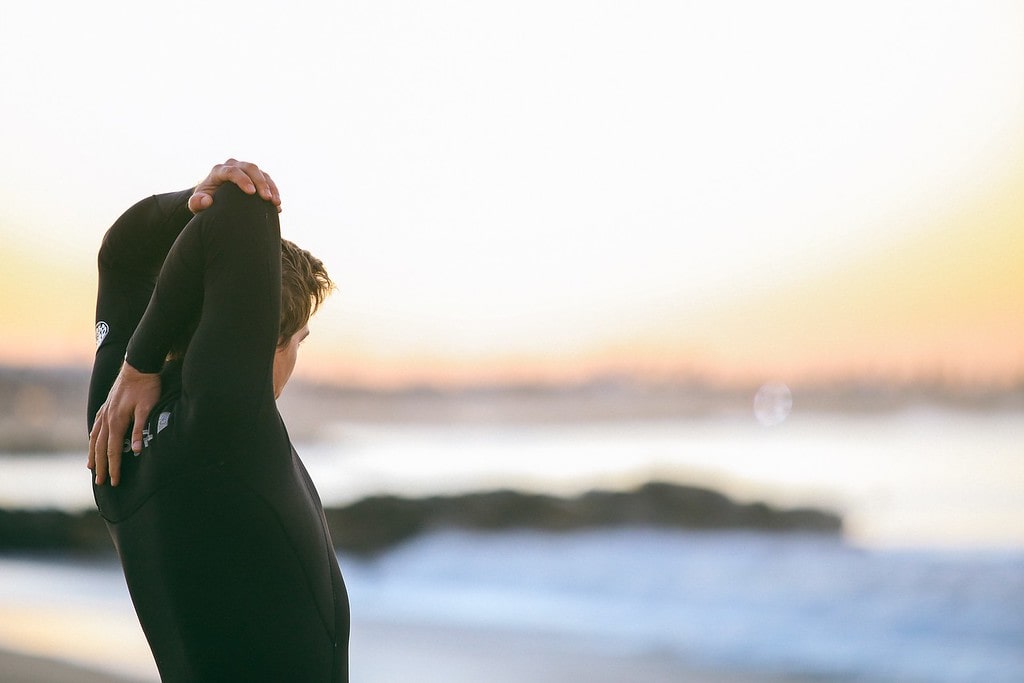Blog
Come on boys, let's learn from the girls and reduce our cancer risk
16 August 2012

Australian men die of cancer in higher numbers than women. The difference is more than 5000 deaths each year - around 22,600 deaths in men compared with 17,400 in women.
We don't know all the reasons for the disparity. Subtle differences in male biology, for example sex hormones, may play a part.
One thing we do know: men develop preventable cancers in higher numbers than women. We take unnecessary risks and are comparatively indifferent to our health, and we pay the price in shorter life expectancy as a group.
The gap is particularly wide when we are in our 50s and 60s, with 7291, or 58%, of the 12,570 cancer deaths in this age group in 2007 (the most recent data) occurring in men.
The leading causes of male cancer deaths in this group are lung cancer and bowel cancer, both of which can in many cases be prevented. Bowel cancer can also be detected early through screening; unfortunately, men screen at low rates compared with women.
We hear the cliche that "everything gives you cancer", but this is far from the truth. From what we know, around a third of all cancer deaths in Australia are caused by modifiable risk factors, and there are only a handful of them: smoking; physical inactivity, poor diet and being overweight; alcohol, UV exposure and (other) occupational carcinogens.
Men are at higher risk when it comes to all of these factors. We smoke more (despite a myth to the contrary), we drink more. Almost 70% of obese and overweight Australians are men. We are exposed to more UV radiation.
The link between smoking and lung and throat cancers is common knowledge, but did you know tobacco use could cause 14 cancer types in total, including cancer of the pancreas and the penis? And, while the short-term harms of alcohol are well-documented, did you know that more Australians die from alcohol-related cancer than they do from melanoma?
Speaking of melanoma, one of the reasons men develop these in higher numbers is that we are more likely to work outdoors. That's not always a choice, but we can still choose to protect ourselves more from the sun while we work and play. Finally, there's no reason why men should have a poorer diet and be more overweight than women, but we do and we are.
As well as reducing these individual risk factors, we should learn from women and take a greater interest in our health. We should have medical checks more often and be open with our doctors about our health. We should also work together to raise awareness of cancer in men. The breast cancer movement has done a great job of raising awareness - to the point that many people wrongly believe breast cancer is the nation's leading cause of cancer death.
Ultimately, there's nothing masculine about ignoring cancer risk factors and being apathetic about our health. Australian men, our partners, children, grandchildren, friends and the wider community need us, so let's wise up and close the gender gap in cancer outcomes.
- Sports clubs of all ages and sporting codes are being encouraged to take part in Cancer Council's Call To Arms, where players wear yellow armbands for a match and are encouraged to hold a barbeque to raise funds for prostate cancer research, prevention campaigns and support services.
- For more details or to register, visit www.calltoarms.com.au or call 1300 65 65 85.
Tags
